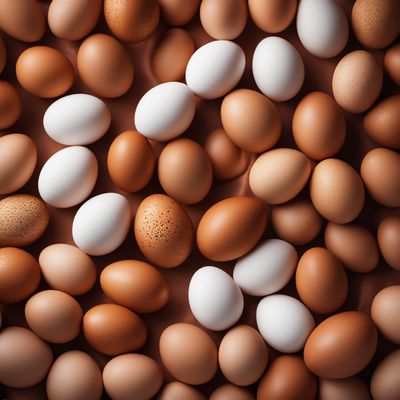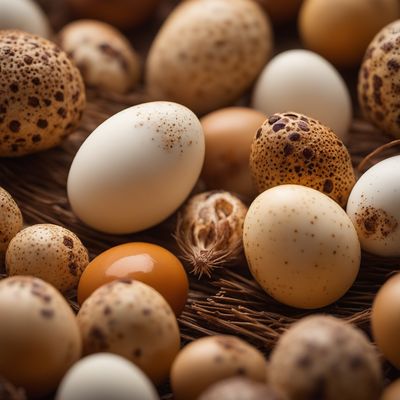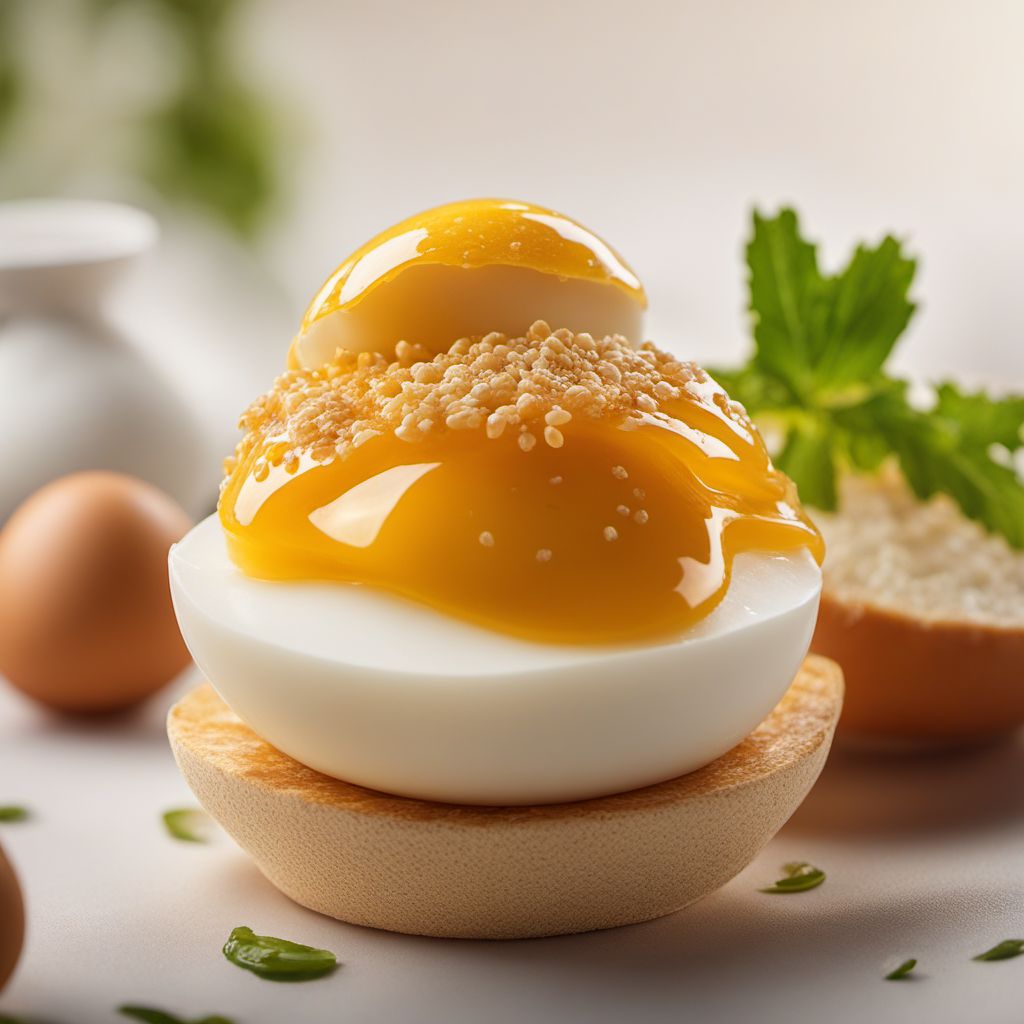
Ingredient
Duck eggs
The Gourmet Delight: Exploring the Richness of Duck Eggs
Duck eggs are larger than chicken eggs and have a thicker shell, a richer yolk, and a higher fat content. They have a creamy texture and a slightly gamier flavor compared to chicken eggs. The whites of duck eggs are also thicker and more viscous, making them ideal for baking and creating custards.
Origins and history
Duck eggs have been consumed for centuries and are believed to have originated in Southeast Asia. They have a long history in Chinese, Vietnamese, and Thai cuisines. Duck eggs were introduced to Europe in the 16th century and gained popularity as a delicacy. Today, they are enjoyed in various cuisines around the world.
Nutritional information
Duck eggs are a good source of protein, vitamins (such as vitamin B12 and vitamin A), and minerals (such as iron and selenium). They are also higher in fat and cholesterol compared to chicken eggs.
Allergens
Duck eggs may cause allergies in individuals who are allergic to chicken eggs. It is important to exercise caution and consult with a healthcare professional if you have any known egg allergies.
How to select
When selecting duck eggs, look for eggs that have a clean and uncracked shell. The shell should be smooth and free from any discoloration or mold. Choose eggs that feel heavy for their size, as this indicates freshness.
Storage recommendations
Duck eggs should be stored in the refrigerator, preferably in their original carton, with the pointed end facing downwards. They can be stored for up to 2 weeks. It is best to consume them as fresh as possible for optimal flavor and quality.
How to produce
Duck eggs can be produced by raising ducks in a suitable environment with access to clean water and a balanced diet. It is important to provide proper care and ensure the ducks have enough space to roam and lay eggs comfortably.
Preparation tips
Duck eggs can be prepared in various ways, including boiling, frying, poaching, or baking. They are often used in baking recipes to create rich and moist cakes, pastries, and custards. When using duck eggs in recipes that call for chicken eggs, it is important to note that their larger size may require adjustments in cooking time and ingredient ratios.
Substitutions
Chicken eggs can be used as a substitute for duck eggs in most recipes, although the flavor and texture may differ slightly.
Culinary uses
Duck eggs are commonly used in baking, especially in recipes that require a rich and creamy texture. They are also popular for making custards, quiches, and omelets. In some cuisines, duck eggs are even preserved and used in traditional dishes.
Availability
Duck eggs are commonly available in regions where duck farming is practiced, such as Southeast Asia, Europe, and North America.
More ingredients from this category
Recipes using Duck eggs
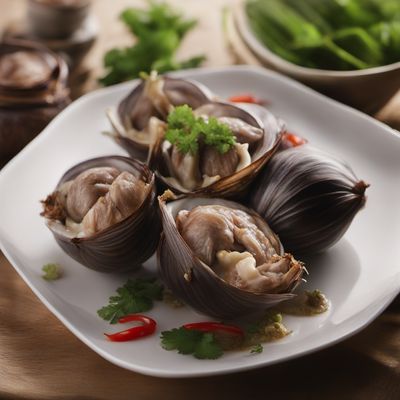
Balut Surprise
Savory Delight: Balut Surprise - A Filipino Culinary Adventure

Japanese-style Braised Duck's Head
Umami Delight: Japanese-inspired Braised Duck's Head

Crispy Duck's Head with Spicy Szechuan Sauce
Szechuan Delight: Crispy Duck's Head with a Fiery Kick

Vietnamese Duck Congee
Savory Delight: Vietnamese Duck Congee - A Comforting Bowl of Flavors
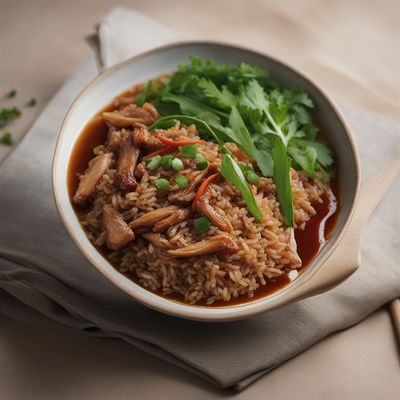
Xinjiang-style Duck Rice
Spiced Duck Delight: Xinjiang-inspired Rice Dish
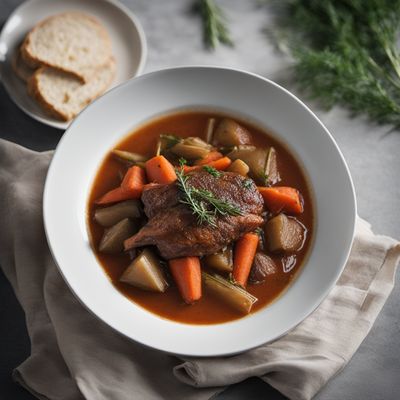
Faroese Duck Stew
Nordic Delight: Hearty Faroese Duck Stew

